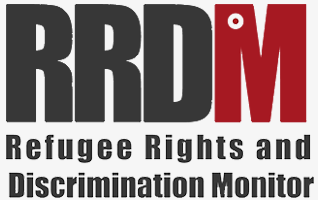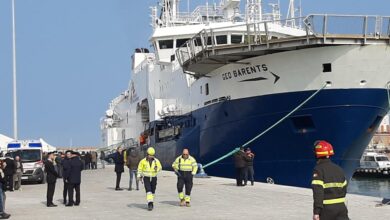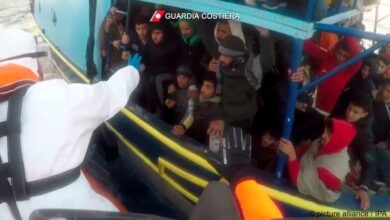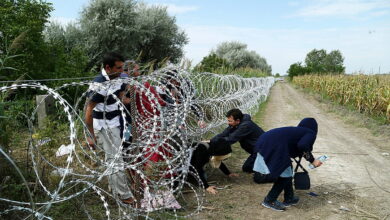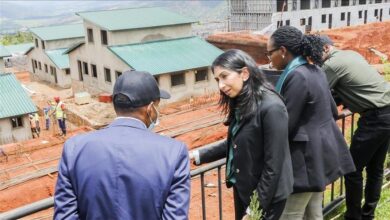Irregular EU border crossings hit ‘highest’ level since 2016
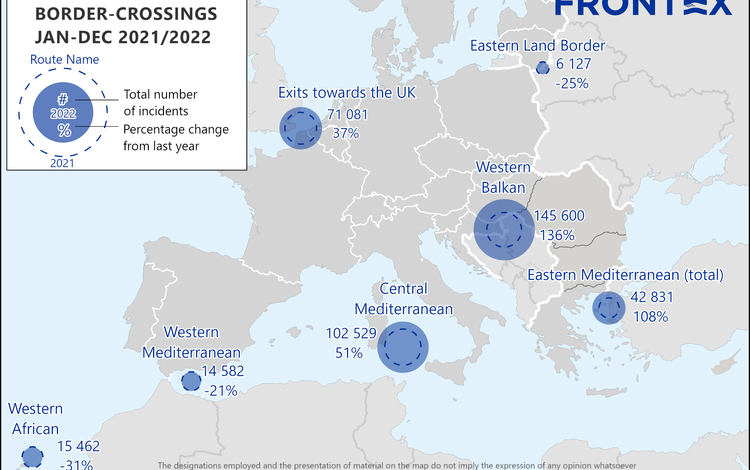
BY|DW
Almost half of the 2022 irregular border crossings were made overland through the Western Balkans region, EU border agency Frontex said. The preliminary figures do not include Ukrainian refugees.
The number of irregular border crossings into the European Union increased by 64% last year compared to 2021, reaching the highest level since 2016, the EU’s border and coast guard agency Frontex said on Friday.
According to the agency’s “preliminary calculations,” around 330,000 entries were detected, with 45% through the Western Balkans region.
“This was the second year in a row with a steep rise in the number of irregular entries,” Frontex said.
Central Mediterranean route on the rise
The Central Mediterranean route accounted for the second highest number of crossings, rising by more than half to over 100,000.
The most people to attempt the dangerous sea route last year were nationals from Egypt, Tunisia and Bangladesh. The agency said that 2022 also saw the most people in five years arrive from Libya, the main departure point in northern Africa.
The number of people leaving Tunisia hit the highest level in recent history, Frontex said.
More Syrians on the move
Regardless of entry route, Syrians, Afghans and Tunisians together accounted for roughly 47% of the attempted border crossings. “The number of Syrians roughly doubled to 94,000,” Frontex said.
Men accounted for more than 80% of the attempts to cross into the EU, Frontex said. The share of reported minors fell to around 9% of all irregular entries.
The agency calculates entry attempts rather than the number of people trying to get into Europe because it is often difficult to identify migrants, who routinely travel without passports, and some may try to enter multiple times.
Ukrainians are not in the data
Frontex’s latest figures did not include millions of Ukrainian refugees who entered the EU between February, when Russia invaded Ukraine, and December.
Special emergency measures were introduced to ease their entry and help find them accommodation, training and short-term jobs.
